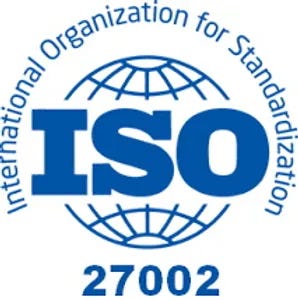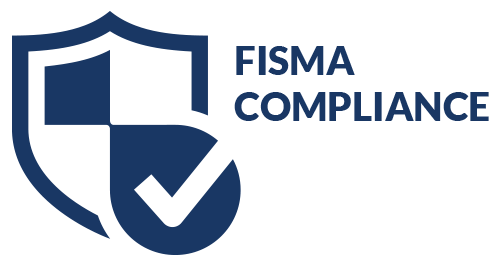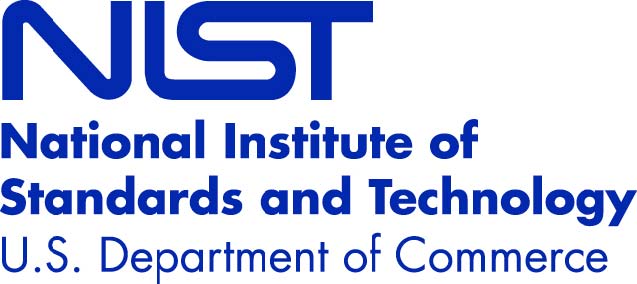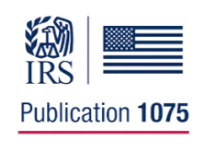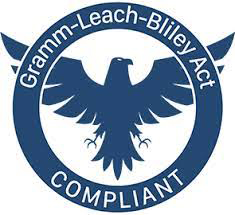Small and mid-sized businesses usually pride themselves on delivering personalized service to customers. People generally enjoy interacting with businesses that know their names and understand their needs.
A small or mid-sized business may have a more accurate idea of which customers would like which new products or services, and they rely on long-term customer loyalty to keep them thriving. Particularly when a business is located off the beaten path, they must depend upon building up a satisfied and loyal client base.
But there are some aspects of small and mid-sized business management where the personalized approach can lead to problems. One of those is with accounts receivable.
Personalized Approach to Accounts Receivable Can Lead to Problems
A business that is used to providing personal service to customers may naturally think it’s a good idea to extend that personal service to AR. After all, when working with a loyal client base for several years, a company gets to know who tends to pay on time.
But small businesses don’t know everything about their customers. A customer or business that has paid on time for years may undergo a personal or financial setback that is not widely known. Suddenly, the customer or business who consistently paid on time is late. If similar things happen to several customers, days sales outstanding (DSO) can creep up. Collecting on debt can become more difficult, taking up more time and getting less favorable results.
Fortune 500 Companies Have Uniform Collections Policies
Big enterprises operate differently from smaller, local businesses, but they do something that every small business can learn from. Large companies create and implement their own uniform policy on when and how to take action on delinquent accounts.
For example, a large company may place accounts into pre-collections after 60 days, and then send them to collections after 120 days if they’re not brought up to date. While this may seem to fly in the face of “personalized service,” it can actually help preserve customer relationships. When the company can cite corporate policy for sending someone’s accounts to collections, it’s far less personal than if each delinquency is handled on a case by case basis. Everyone is treated the same.
Standardized Collections Policies Can Result in Less Bad Debt
Case-by-case policies for collections ultimately can lead to higher DSO and more bad debt at the end of the year. By contrast, data on large enterprises with uniform policies on debt recovery shows that yearly DSO is lower, and they have a smaller percentage of write-offs at the end of the year.
In other words, while personalized service is appropriate for many aspects of small business operation, it should not apply to debt recovery. For more successful debt recovery, you need a uniform policy applied consistently across all accounts.
Does your business have a uniform debt recovery policy for all of your AR? It should, even if you built your business on personalized service. Having such a policy and sticking to it consistently makes debt recovery a business and not a personal matter, giving you a better opportunity to keep valued customers. And lower DSO and higher debt recovery rates help ensure that your business remains profitable so it can continue to provide personalized service to customers.
For accounts that your policy deems ready for collections, partner with a professional collection agency like TSI. Our data-driven approach is designed to boost debt recovery while enhancing the relationship with your valuable customers. Learn more today.

